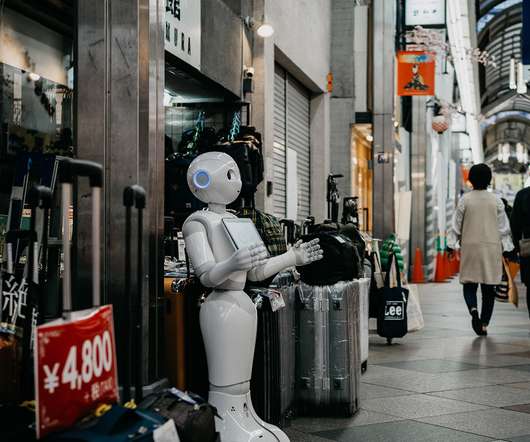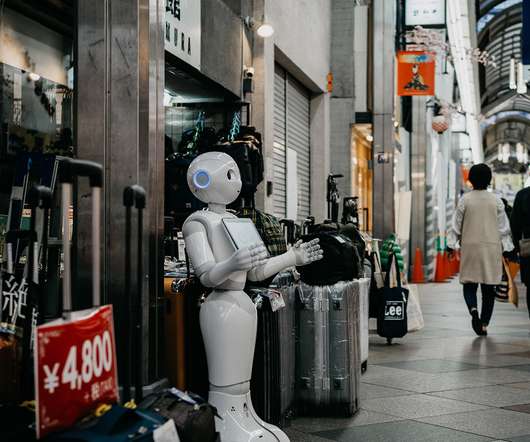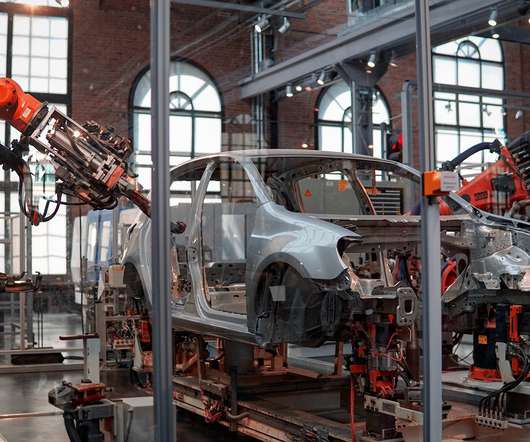The Impact of Artificial Intelligence on Human Jobs in the Near Future
Epicflow Blog
AUGUST 5, 2021
This fear is not without reason: for example, millions of people lost their jobs due to the pandemic, and their jobs were taken by AI and robotics. Thus, here are some jobs that will become obsolete due to AI implementation. . Software developer. Of course, AI will have a significant impact on software development.














Let's personalize your content